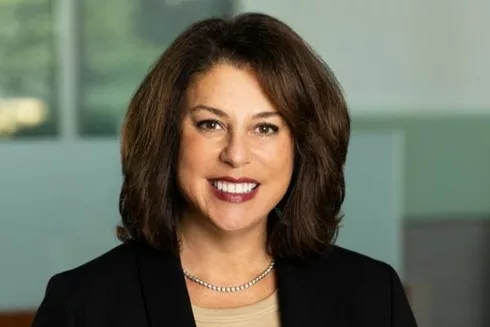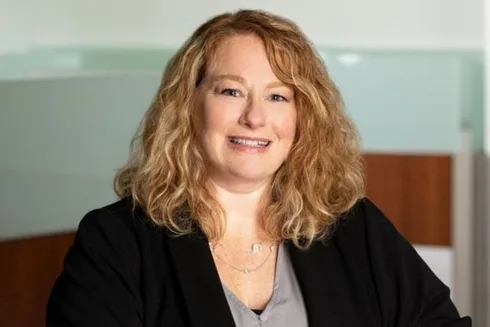While the word, “probate” has many meanings with the most common form refers to legal issues which are resolved in the Connecticut Probate Courts. In this case, we will discuss the process of “probating a Will” or “probating property when someone dies”. To cut to the chase, the process provides order and legal oversight which includes letting the court know that someone has passed away by submitting their Will and death certificate to the Court. Then, the Court will appoint someone to manage the estate, gather the deceased person’s assets and making a list of what they owned, paying the deceased person’s creditors, and getting approval from the court to distribute the assets according to the Will or if there is no Will, based on Connecticut laws of intestacy. Of course, that is from a 30,000-foot view. Once we dig in deeper, thousands of intricacies reveal themselves depending on the assets involved, the family, the creditors, and many other factors.
There are several ways to probate an estate including a full estate (which is the most common), a small estate (when no land or home is owned and the assets are worth less than $40,000), a tax-purpose-only estate (when essentially no assets are owned), and an insolvent estate (when there are more debts owed than assets).
When probating a Will, the person in charge of the process and the property is usually an Executor. The executor is a person acting as a “fiduciary” and this role carries all of the legal responsibility during the process. Managing this job is quite onerous and without the help of an attorney who specializes in probate, the fiduciary role can seem monumental. The fiduciary is legally responsible for filing all paperwork with the probate court and attending court hearings, they need to consolidate bank accounts and pay the decedent’s creditors, as well as follow any other instructions left in the decedent’s Will, like selling homes or other property. While this article is simplifying all that occurs, there are many other tasks that must be performed by the fiduciary.
Frequently asked questions about the probate process include: how long does probate take and what are the costs? Probate in its full form takes about a year or slightly longer depending on the complexity of the estate, while a small estate or tax-purpose-only estate can be opened and closed in a matter of a few months. Costs vary depending on the size of the estate based on the amount of assets owned by the decedent. Typical costs include the statutory probate fee plus other various probate court fees, a fee for the publication of a notice to creditors in the newspaper, and recording certain documents on the land records if the decedent owed a home or real estate. These costs in total range from as little as $75 up to several thousand dollars.
Costs can also include a late penalty for filing certain documents with the probate court, so it is vital that probate be started as soon as possible, ideally within a month.
Disability Planning Partners is here to help you through the probate process. We have a team of smart and compassionate attorneys and paralegals who have a wealth of experience and know-how in the probate field. Please call or email us today to see if we can assist you with probate.













